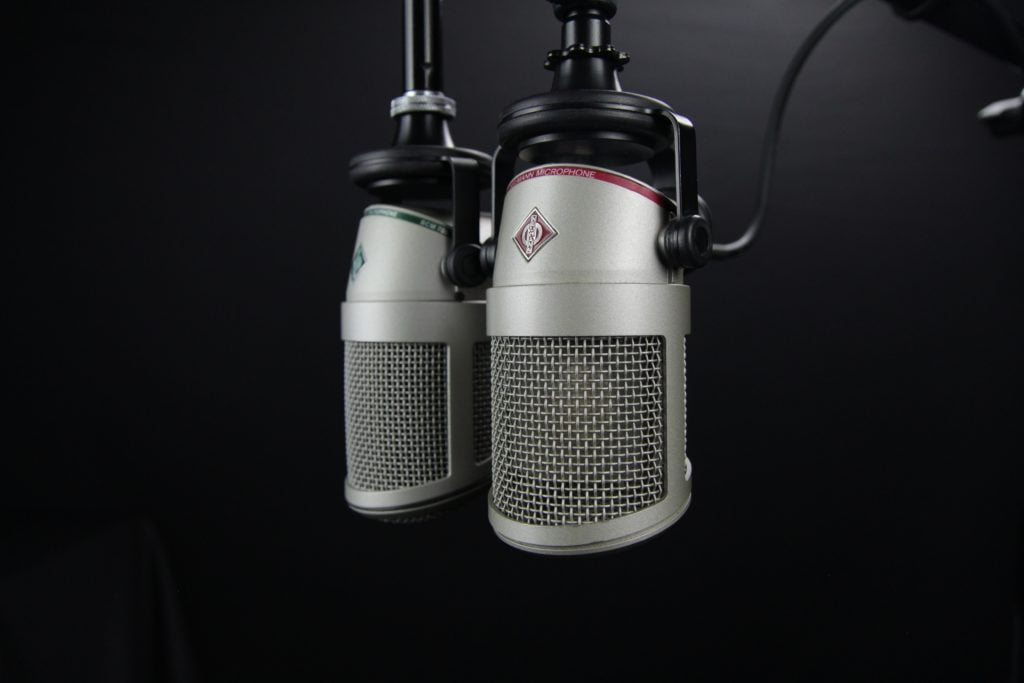The Coronavirus pandemic has affected us all in a massive way, putting businesses on hold in many different areas and shutting them down entirely in others. The most important thing is staying safe with our families, making sure that we’re doing what we can to social distance and stop the spread of the virus, but what if we want to secure our finances in preparation for the future?

Working from home (or not working at all), and living on a reduced income while self-isolating? Perhaps you have some additional free time on your hands, and are wondering how to best optimise your time? This might be the perfect time to get a better grip of your finances, and be better in control of them going forward. For inspiration, here’s a short guide with some tips on saving/building up your funds while self-isolating.
Cutting down to the essentials
If you and your family are working on a restricted budget during the Coronavirus pandemic, then the first thing that you should do is think about cutting down on unnecessary purchases, and running a bit of a tighter ship. Sit down and assess your outgoing payments and direct debits, and see if you can strip anything back to give you a bit of extra cash each month. Subscriptions to streaming services and products that you don’t need or have forgotten about are a good example of things you might not need any more (although with lockdown you might need to keep hold of that Netflix subscription!)
Shopping

Going out for food and general supplies is stressful enough of an endeavour in these current times, so you should make sure that you get in and out where possible, and get things that you crucially need. Keep in mind the crucial stuff that you need and stick to it when going in so that you don’t end up panic buying and wasting money.
Saving the money that you otherwise would have spent
Being stuck inside for the foreseeable future isn’t great, but what you will start to notice is that the money saved from small, incremental purchases that you would normally make and no longer can will start to build up. This includes things like travel costs to work, buying lunch on your dinner break, taking the family out, and even going out with friends here and there, which of course you can no longer do. You could put this money into a savings account, building up a financial buffer going forward so that you have an extra pot of money to bolster yourself if you need it down the line.
Tip – A lot of smaller restaurant and takeaway businesses will be suffering during this time due to receiving little to no customers at all, and so if you do decide you want to get delivery, consider helping somewhere local to you that will appreciate it, and help yourself with some nice food in the process!
Investing your money for the future
Again, if you have a little bit more time on your hands than you usually would, and you have additional capital available, it might be a good time to start thinking about investment strategies, and building up your finances for the future. While some markets such as stocks and shares are more volatile at the moment, many investors are shifting their money into something more long term and stable, such as real estate/property investment. If you’re interested in investment, companies such as RWinvest offer a wide range of different guides, podcasts, videos and more on how to get started in the industry.

Tip – If you want to use your mobile productively, there are also a ton of different investment apps that you can download for absolutely free. This is a great way of doing something worthwhile on your phone rather than just scrolling through social media or playing games.

